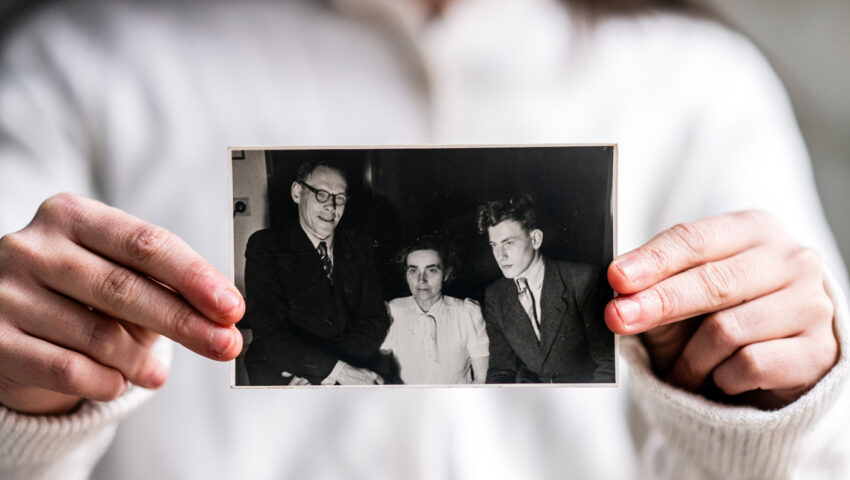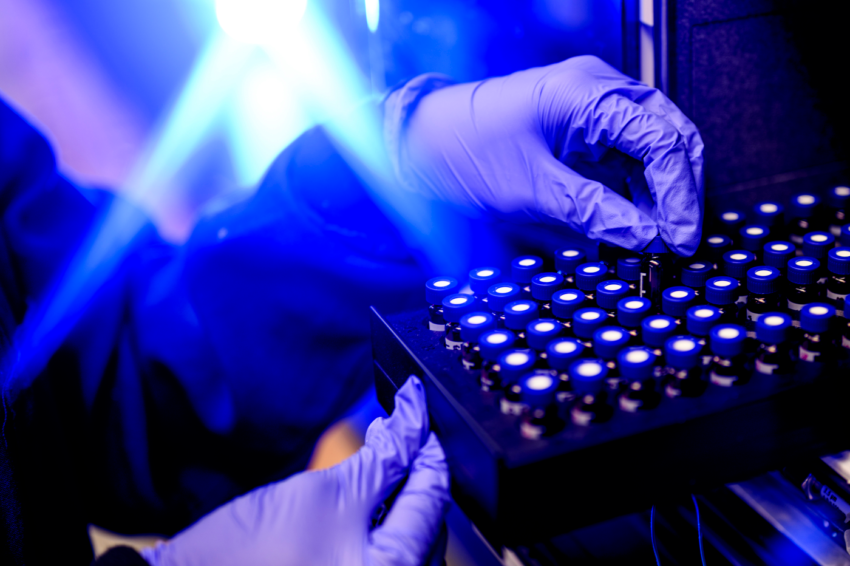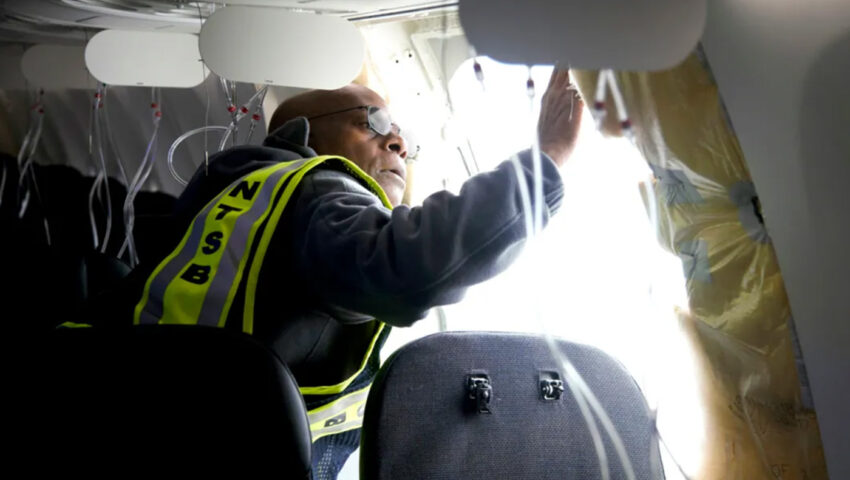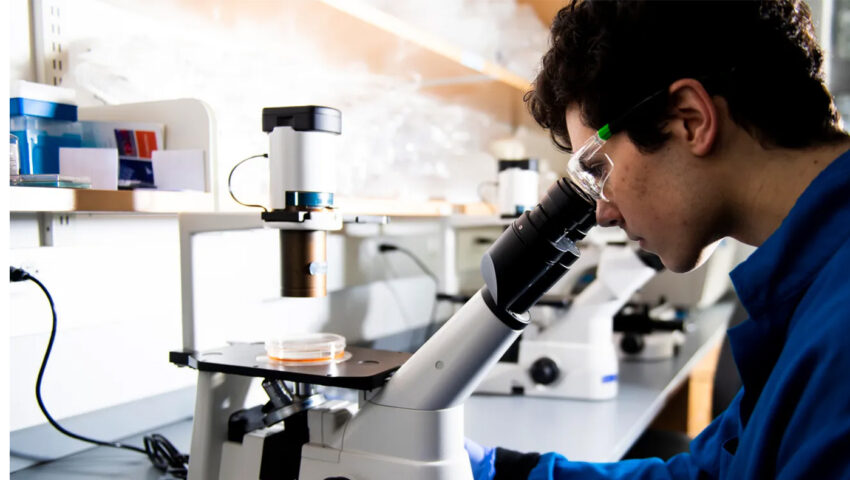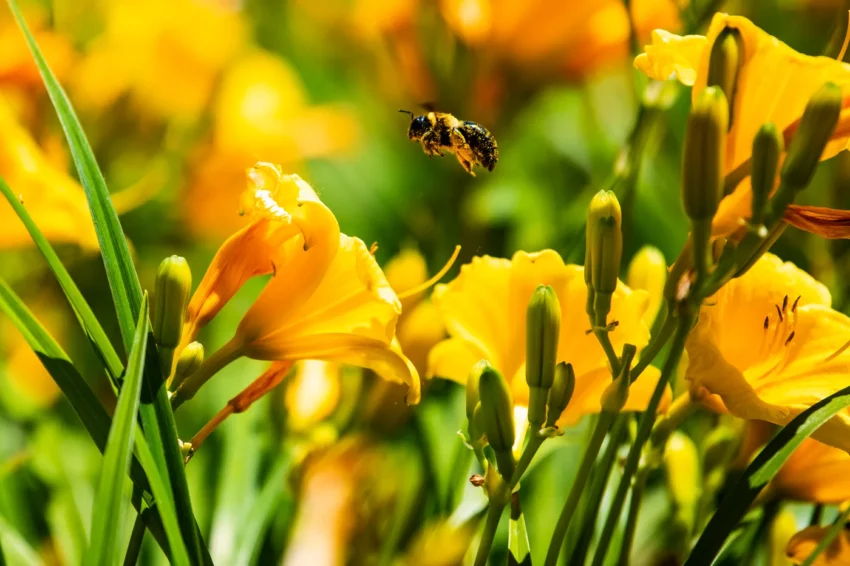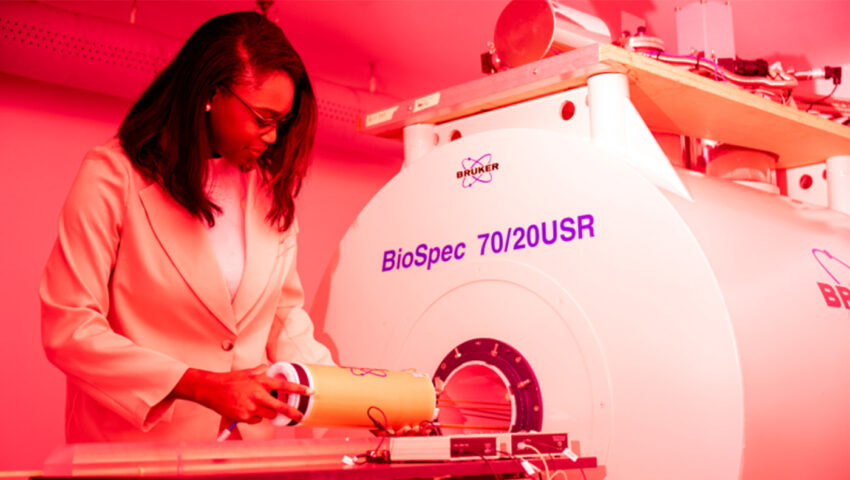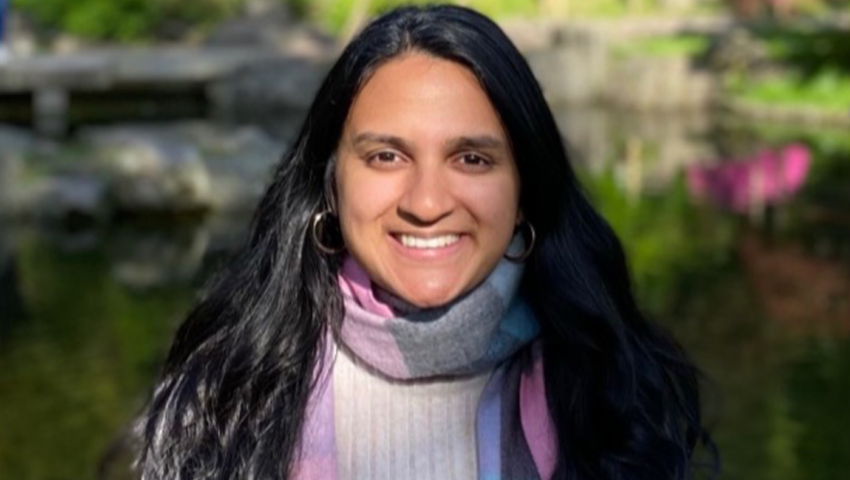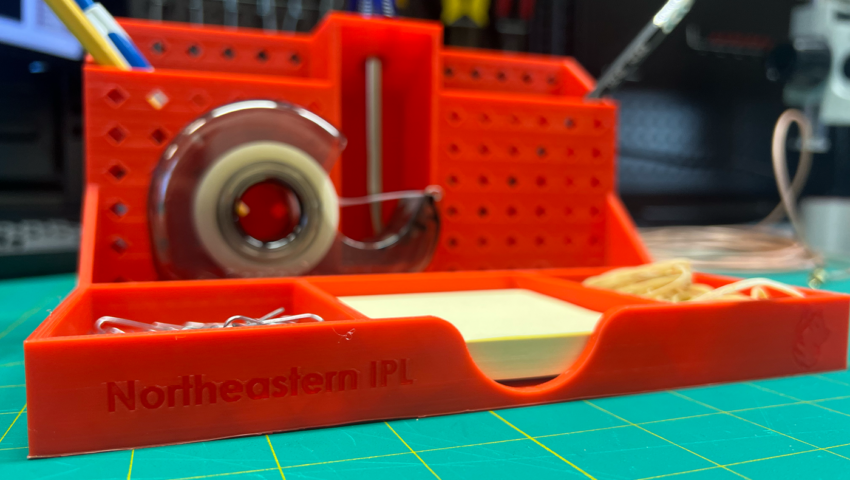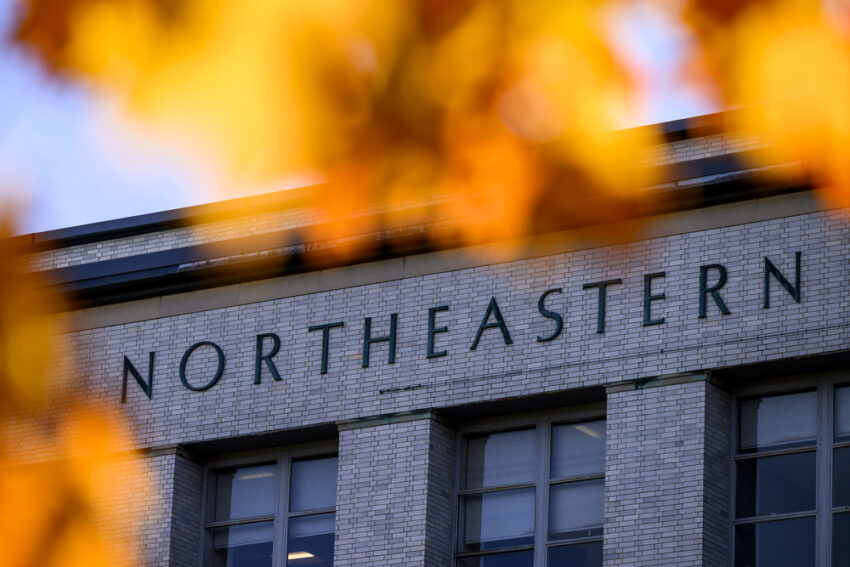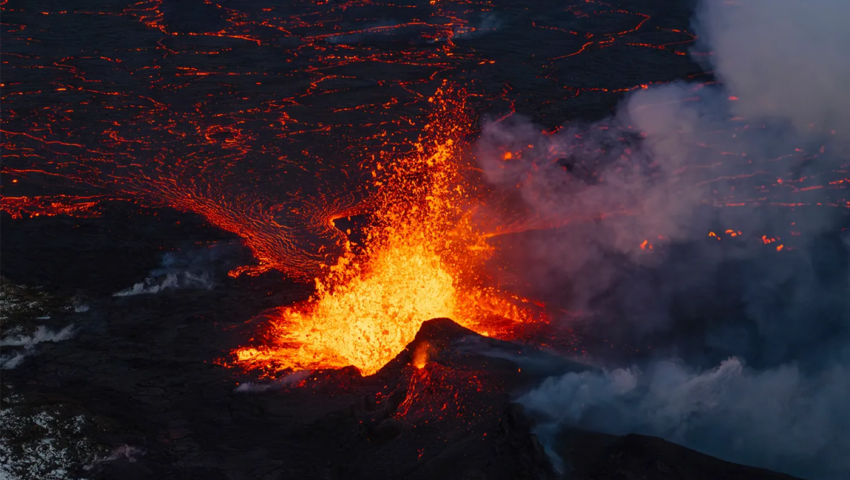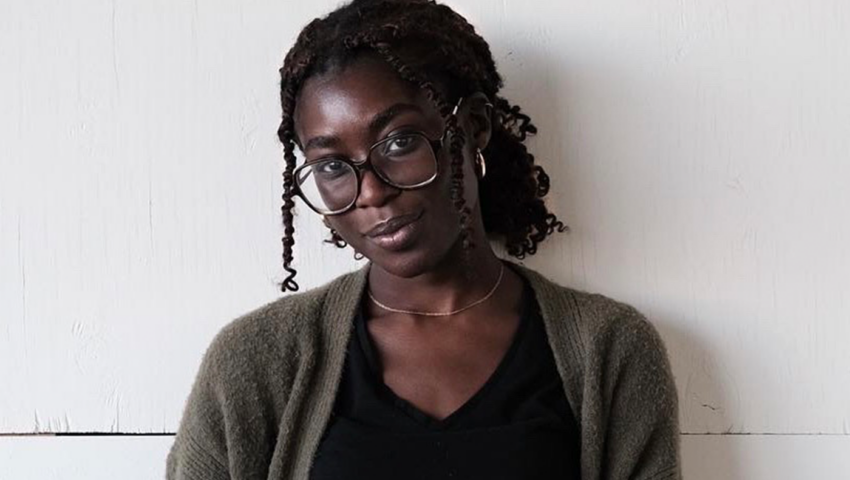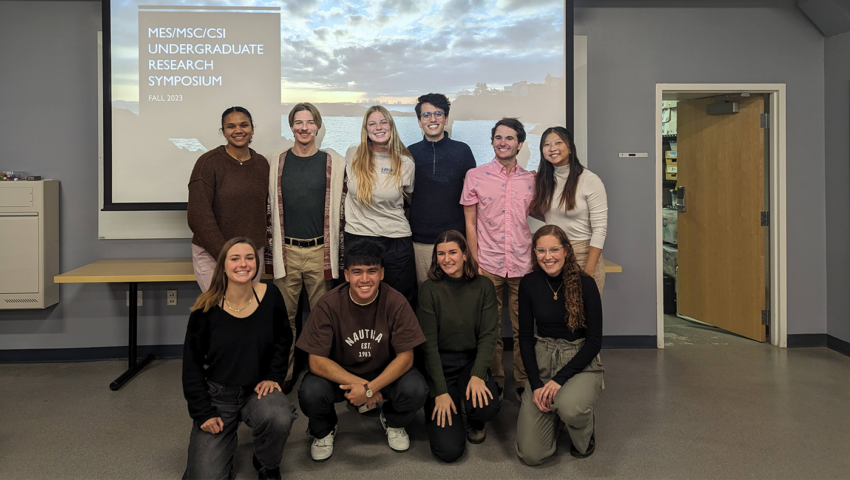News
Her grandfather survived the Holocaust thanks to the bravery of one Dutch family. Eighty years later, she’s uncovering the story
Jack Groothuis’ life was at risk from the moment he was born to two Jewish parents during the Holocaust. To protect her son, his mother, Helen, placed him into hiding with a Christian family in Vught, a town about 59 miles southeast of Amsterdam. Jack spent the first two years of his life being raised […]
January 24, 2024
Is it safe for kids to use adult skincare products?
Over the holidays, Drunk Elephant skincare was a wish list mainstay,sending confused parents to beauty stores to puzzle over why their middle schooler needs so many expensive products. The reason is social media, which not only popularized the brand, but the idea of creating a skincare regimen. Videos with the hashtag “skin care routine” have […]
January 12, 2024
Nanomedicine could reduce the frequency of breast and ovarian cancer treatments, research finds
A Northeastern University researcher is using nanomedicine to develop a time-released immunomodulatory treatment that would lengthen time between hospital visits for patients fighting advanced breast cancer. Most cancer drugs require continual daily or weekly delivery, leading to frequent hospital visits, says Needa Brown, an assistant teaching professor of physics at Northeastern. “It’s not the best […]
January 11, 2024
Physics
The physics of rapid ‘depressurization.’ Passengers on Alaska Airlines flight 1282 likely would have died if blowout occurred above 40,000 feet, physicist says
If the Alaska Airlines plane that lost a portion of its fuselage while ascending after takeoff Friday had been flying at normal cruising altitude, its passengers and crew would probably have died from the depressurization event, according to a Northeastern expert. The Boeing 737 Max 9 airplane was only minutes into its flight from Portland, […]
January 09, 2024
Can space travel impact female fertility? Northeastern student takes part in NASA mission to find out
When he was in third grade, Dillon Nishigaya took a school field trip to NASA’s Ames Research Center in Mountain View, California, that would set the trajectory of his life.
January 05, 2024
Honeybees are key to biodiversity. Researchers say ecosystems collapsing because of climate change have bee-like species that can be reintroduced
There are very few animals as important to our world as honeybees. There is, of course, the delicious honey they produce, but they are also essential in maintaining food security and the biodiversity that is threatened by climate change and fast-becoming our strongest natural defense against it.
January 05, 2024
A research internship at a global pharmaceutical changed this former college basketball player’s career
In 2022, Sade Iriah was pursuing a doctorate in neuroscience at Northeastern University when she seized the opportunity to embed herself in industry research at Takeda Pharmaceutical, a Japanese multinational biopharmaceutical company. Iriah worked with the imaging team at Takeda and says the experience was “amazing.” “They really allowed me to be involved with the […]
January 03, 2024
Biotechnology, College of Science
Q&A with Aditi Doshi, MS in Biotechnology
This interview has been edited for brevity and clarity. What’s your name, the program you are currently receiving your degree in, and expected graduation date? My name is Aditi Doshi. I just finished my fourth semester for the MS in Biotechnology, with a concentration in Enterprise. I will graduate in May 2024 and […]
January 02, 2024
Innovations in the Introductory Physics Labs
The Introductory Physics Laboratory (IPL for short) in the College of Science is one of the biggest teaching labs at Northeastern, serving about 1,300 students every term. It is supervised by professors Baris Altunkaynak, Oleg Batishchev and Paul Champion. Ron Zettlemoyer and Austin Beaudette are the electronics and instructional lab support technicians. There is a […]
December 21, 2023
Interaction Lab takes on Depp v. Heard trial in discourse analysis research
When someone thinks of research, they may think of traditional lab work. When it comes to linguistics, research can take many different shapes.
December 21, 2023
How long will the volcanic eruption in Iceland last? It depends how much magma needs to come out, expert says
The signs started appearing in early November, and people waited anxiously as earthquakes and ground swells indicated a volcanic eruption near Grindavik, Iceland, was imminent.
December 19, 2023
Alumni Spotlight: AJ Addae, ’20
This Northeastern alumna is revolutionizing how science, art, and social change can be connected.
December 14, 2023
Beauty supply vending machines would help Black students care for their curly or coily hair, contest-winning entrepreneurs say
When Ashleigh Chiwaya was a freshman at an all-girls boarding school in Wellesley, Massachusetts, she realized that Black students there had a unique challenge — limited access to hair care products.
December 13, 2023
Wrapping up the MES Fall 2023 Undergraduate research experience in style!
Our undergraduate scholars presented their findings while engaging in Q&A dialogue with the audience. Each student provided in-depth analysis of data obtained throughout the course of their research at Northeastern University.
December 12, 2023
